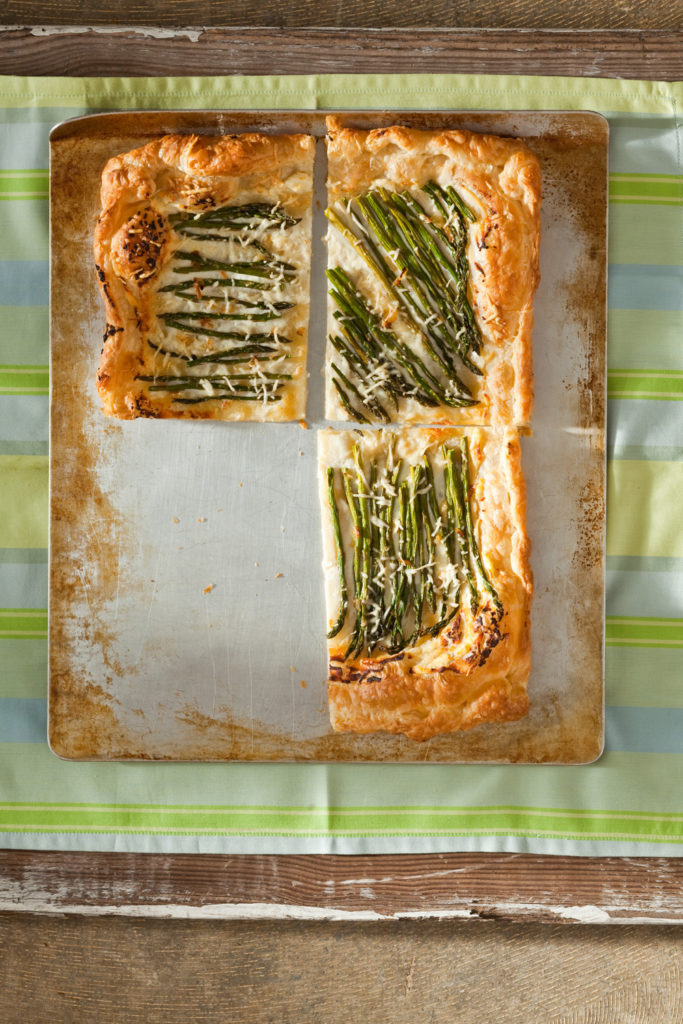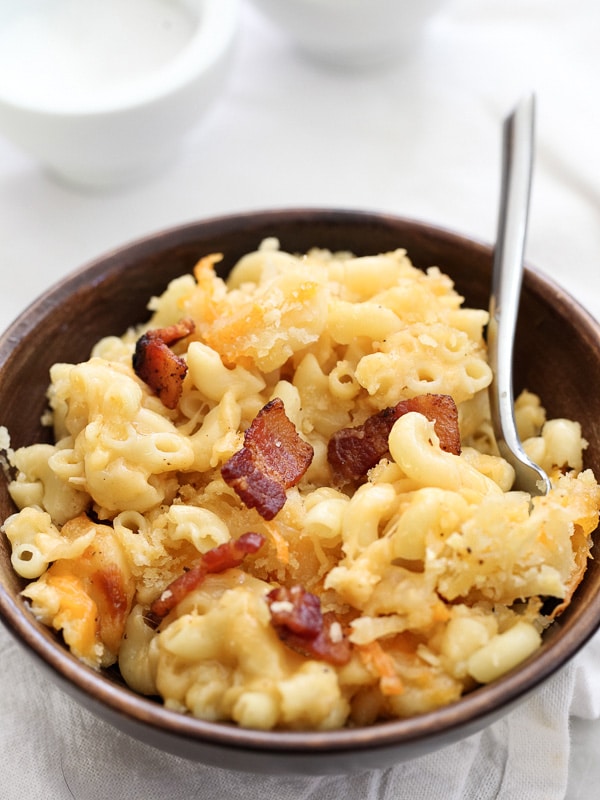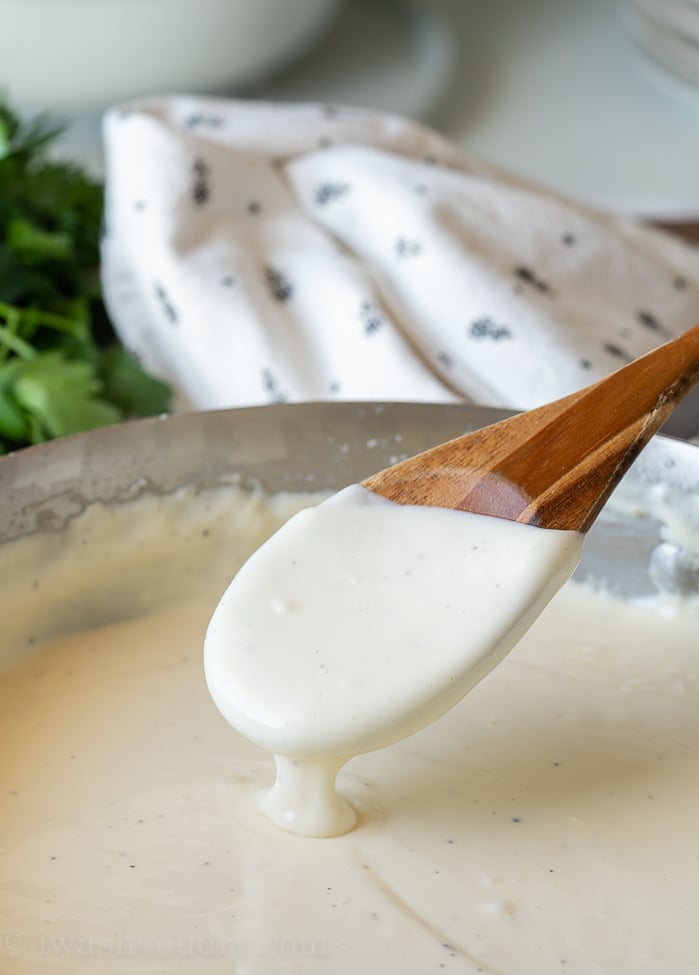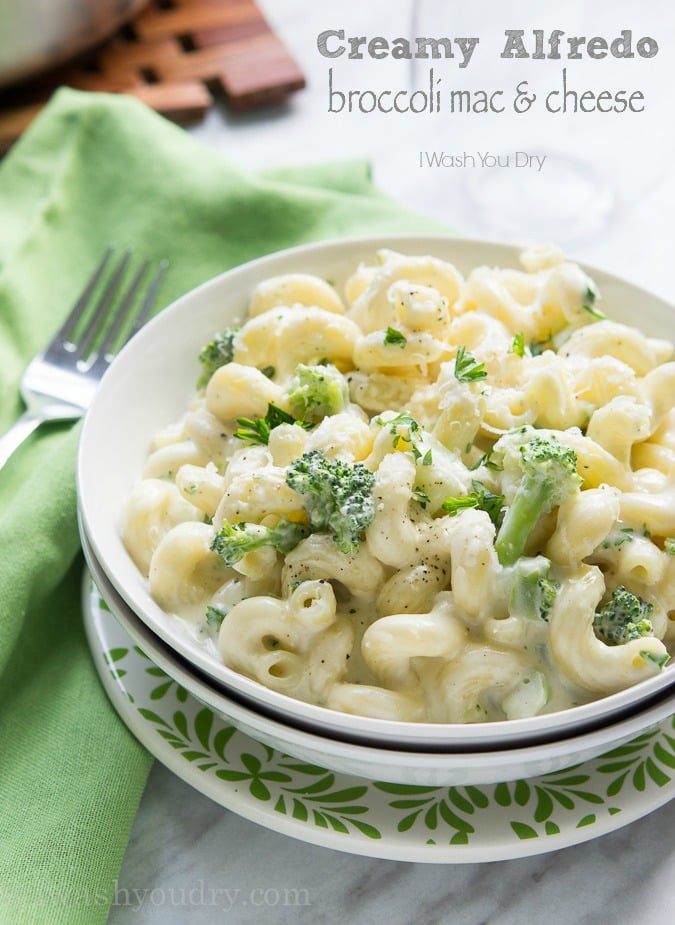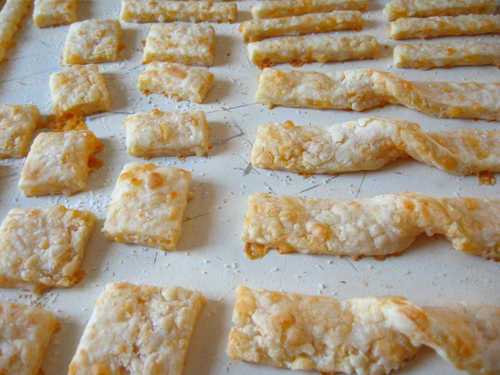Parmesan Cheese: Important Facts, Health Benefits, and Recipes
Explore the health benefits, history, and uses of Parmesan cheese, an Italian extra-hard cheese made from cow's milk and aged for at least 12 months.
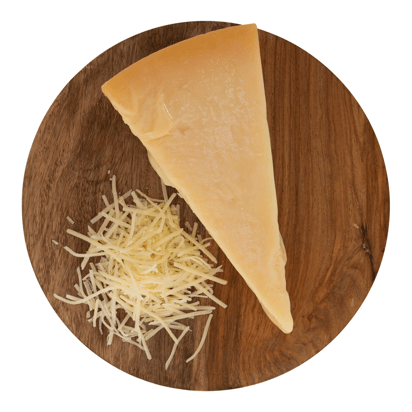
Best Parmesan Cheese Recipes
-

-

-

-

-
:max_bytes(150000):strip_icc()/__opt__aboutcom__coeus__resources__content_migration__simply_recipes__uploads__2009__11__butternut-squash-pasta-horiz-a2-1800-839fec6d355c4636ad208174f1f43d94.jpg)
-

-
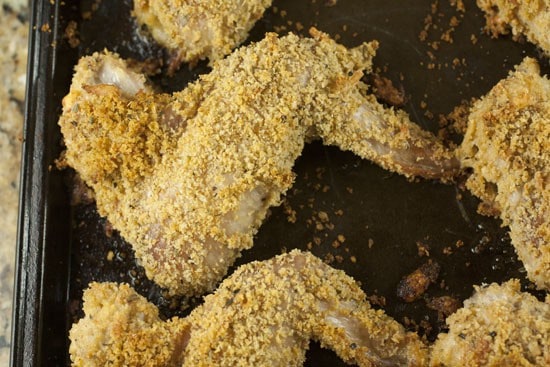
-

-
![Homemade Basil Pesto Image]()
-
![Parmesan Tomato Chips Recipe Image]()
-
![Roasted Parmesan Cauliflower Bites Image]()
-
![Toasted Parmesan Rinds Recipe Image]()
-
![Asparagus and Parmesan Tart Image]()
-
![Cheesy Scrambled Eggs Image]()
-
![Sun-Dried Tomato Orzo Salad Image]()
-
![Fresh Fig Salad Image]()
-
![Artichoke Pasta with White Beans and Lemon Image]()
-
![Obsessed With Cheese Mac and Cheese Recipe Image]()
-
![Chicken Divan Macaroni and Cheese Image]()
-
![How To Make An Antipasto Salad Platter Image]()
-
![Portobello Shepherd's Pie Image]()
-
![Parmesan Hasselback Sweet Potatoes with Balsamic Glaze Image]()
-
![Steak & Caramelized Onions with Arugula and Penne Image]()
-
![Easy Rosemary Garlic Parmesan Biscuits Image]()
-
![Roast Beef, Arugula and Shaved Parmesan on a Baguette Image]()
-
![Tuna Pasta Salad Image]()
-
![Beef Carpaccio Image]()
-
![Creamy Alfredo Sauce Recipe Image]()
-
![Greek Spinach - Tortellini Salad Image]()
-
![Creamy Alfredo Broccoli Mac and Cheese Image]()
-
![Open Faced Egg and Avocado Sandwich Image]()
-
![Slow Cooker Bolognese Sauce Image]()
-
![Kale & Chickpea Caesar Salad Image]()
-
![Chicken Caesar Pasta Salad Image]()
-
![Brussels Sprouts Caesar Salad Image]()
-
![Roasted Brussel Sprout Salad Image]()
-
![Homemade Cheese Crackers Image]()
-
![Easy Homemade Lasagna with Sweet Cheddar Image]()
-
![Baked Caprese Crepes Image]()
-
![Hearty Meat Lasagna and Dipping Oil Image]()
-
![Brussels Sprouts Gratin Image]()
-
![Easy Homemade Turkey Soup Image]()
-
![Fall Dinner Party Minestrone Soup Recipe Image]()
-
![Coconut Milk Tomato Mixed Seafood Soup Image]()
-
![30-minute Easy Lentil Soup Image]()
-
![Sausage Kale Comfort Soup Recipe Image]()
-
![Yellow Squash Zoodles with Meatballs Image]()
-
![Pantry Vegetable Beef Soup Image]()


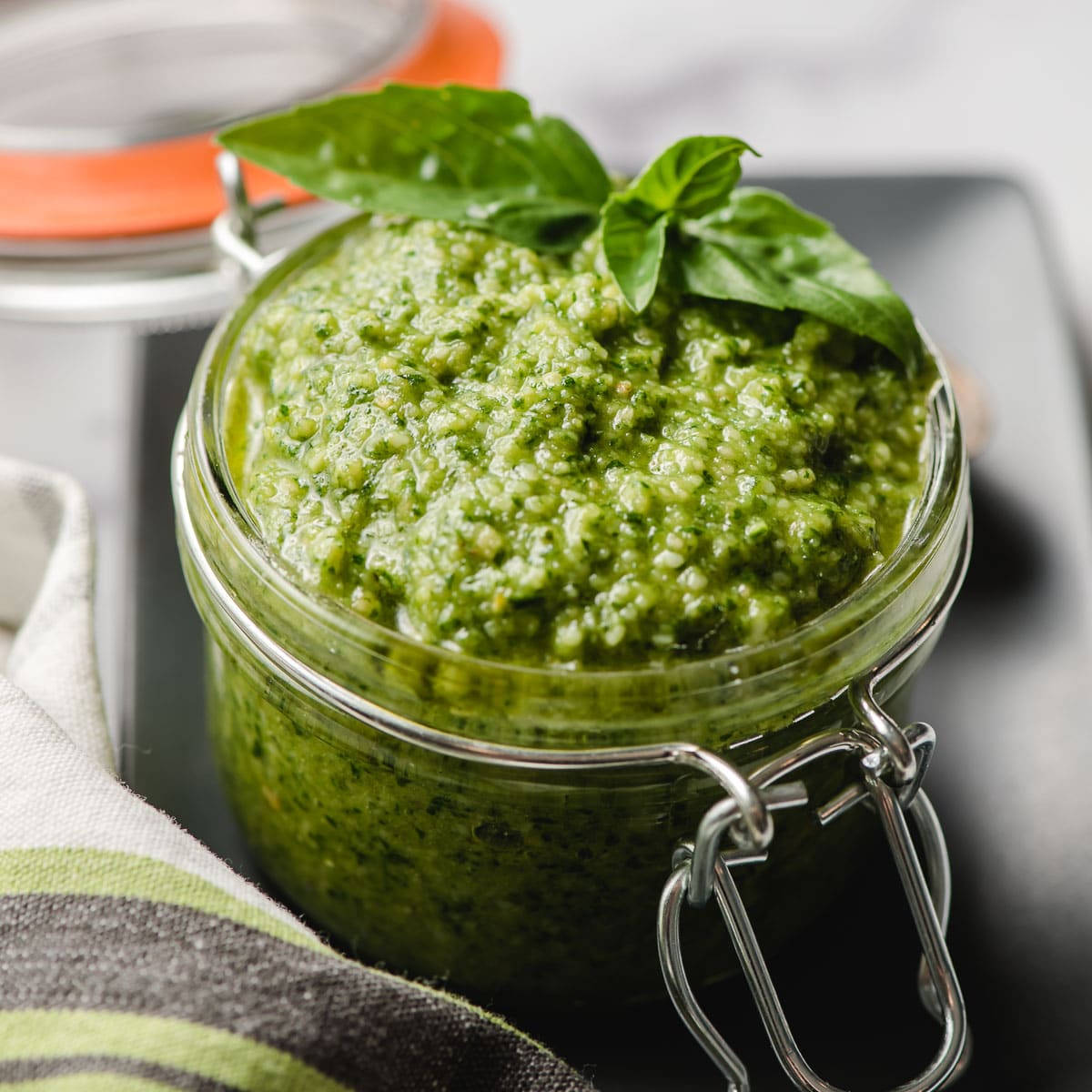


:max_bytes(150000):strip_icc()/__opt__aboutcom__coeus__resources__content_migration__simply_recipes__uploads__2010__09__toasted-parmesan-rinds-a-bf74d28483974f5993ac77f2a92d1c0b.jpg)
